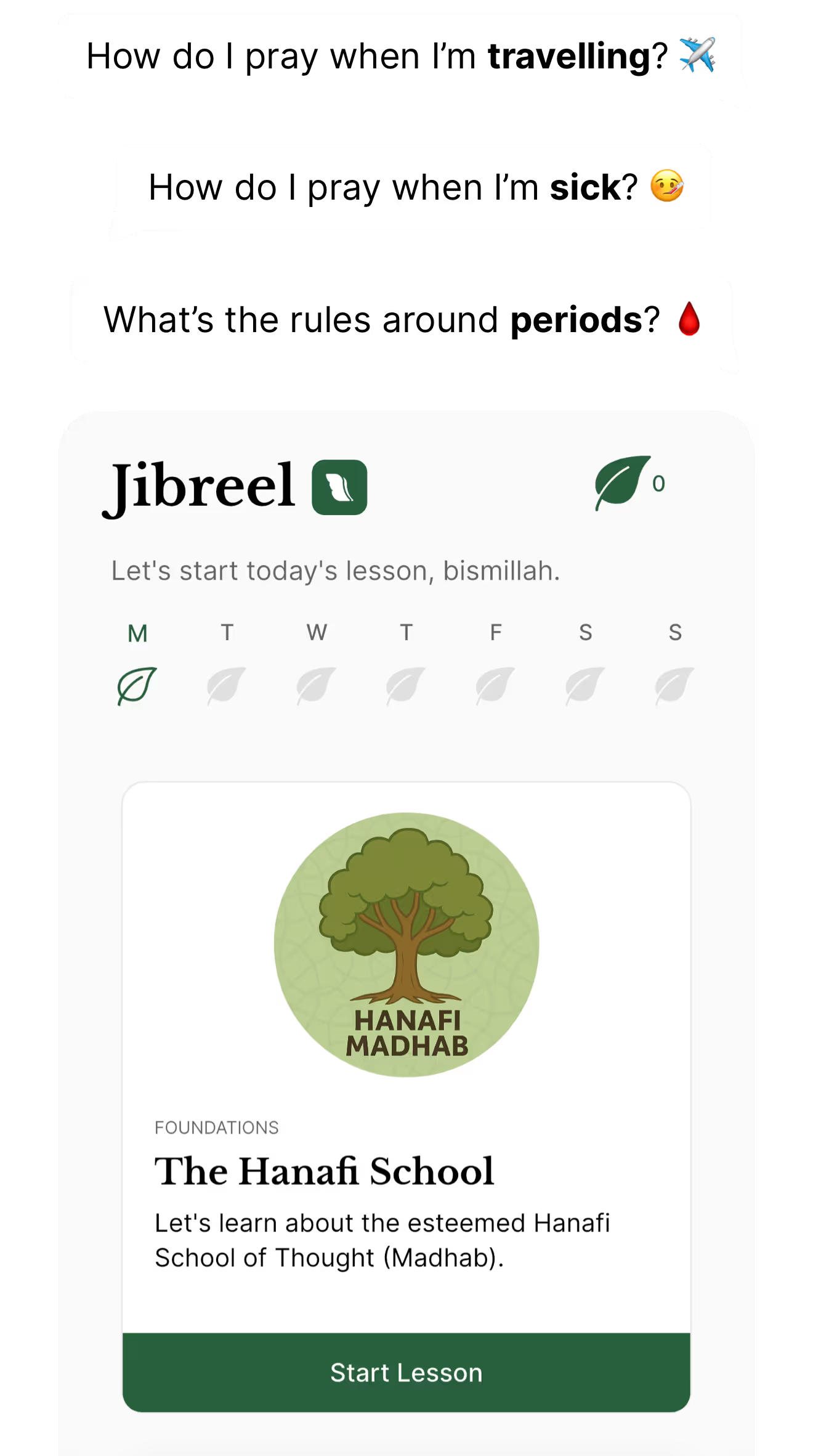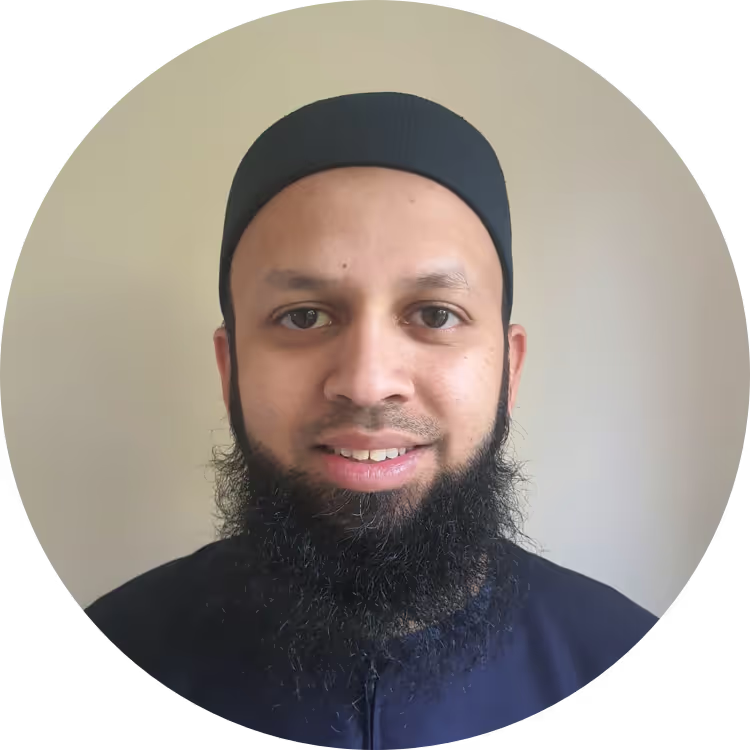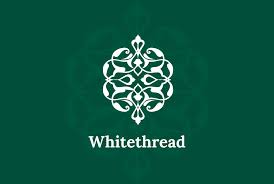Jummah prayer, performed every Friday, is a significant weekly event in Islam. Understanding its rules, conditions, and etiquettes ensures Muslims fulfill this obligation correctly and earn spiritual rewards. This guide explains key aspects based on the authoritative Hanafi text, Ascent to Felicity.
Importance and Obligation of Jummah Prayer
Jummah is obligatory (fard ‘ayn) for every Muslim who meets specific conditions. The Quran clearly commands attending Jummah:
"O you who believe, when the call for Salah is proclaimed on Friday, hasten for the remembrance of Allah, and leave off business. That is much better for you if you but know." (Qur’an 62:9)
Conditions Making Jummah Obligatory:
- Being male
- Being a free man
- Resident within the city or locality
- Being in sound health
- General safety of passage
Jummah for Women
Jummah prayer is not obligatory upon women; however, if performed, it replaces Dhuhr.
Conditions for a Valid Jummah Prayer
To ensure Jummah prayer is valid, the following must be fulfilled:
- Conducted in a town or city
- An appointed Imam (by head of state or authorized individual)
- Performed during Dhuhr time
- Sermon (Khutbah) must precede the prayer
- At least 3( attendees besides the Imam must join the prayer
- Prayer venue must have general access
Jummah Khutbah: Minimum and Sunnah Requirements
The Friday sermon (khutbah) has specific requirements and sunnahs to observe:
Minimum Requirement:
- Saying "Subhan’Allah," "La ilaha illa ’Lah," or "Alhamdulilah" at least once (though this minimal approach is disliked)
Recommended Sunnah Practices:
- Delivering in two parts with a brief sitting between
- Being in a state of ritual purity
- Reciting at least one Quranic verse
- Including blessings upon the Prophet ﷺ
- Emphasizing taqwa (God-consciousness)
- Keeping the khutbah concise
Etiquettes and Sunnahs of Jummah Prayer
Observing certain etiquettes enhances the spiritual rewards of Jummah:
- Making abundant dua (supplications)
- Reciting Surah Al-Kahf
- Sending salutations upon Prophet Muhammad ﷺ
- Cleaning and preparing oneself appropriately (ghusl, clean clothing, etc.)
Conduct During the Khutbah
When the Imam emerges or ascends the pulpit, one must observe:
- Complete silence, treating the sermon like prayer
- Refrain from praying additional rak’ahs or speaking
- Avoid eating, drinking, or unnecessary movements
- Respond silently in the heart to salaams, sneezes, and blessings upon the Prophet ﷺ
- In Hanafi fiqh, do not raise hands during the Imam's supplications
Dealing with Distractions
If others speak during the khutbah, ignore and continue listening attentively. It's not permissible to speak, even to advise others to stop talking.
Common Jummah Prayer Scenarios Clarified (FAQs)
Joining Late
If you join the Imam in the final sitting, complete 2 rak’ahs for Jummah once the Imam finishes.
Latest Time to Stop Business
Cease all trading and activities that distract from prayer upon hearing the first adhan for Jummah. Prepare promptly for prayer attendance.
Khutbah Delivered Without Wudu
The khutbah remains valid even if delivered without wudu, as wudu is sunnah, not obligatory. However, wudu is mandatory for the prayer itself.
Sermon Delivered After Salah
If the khutbah is mistakenly delivered after the prayer, both khutbah and prayer must be repeated, as the khutbah must precede the Jummah prayer.
Minimum Number Required for Jummah
At least three men besides the Imam must attend to validate Jummah.
Attending Jummah While Traveling
- Jummah remains obligatory if within your resident city, even if at an airport.
- Jummah isn't obligatory for a traveler unless staying in one city for 15 days or more, at which point attendance becomes required.
Balancing Work and Jummah Obligations
Many face challenges attending Jummah due to work schedules. Discuss openly with employers about accommodating prayer times. Most workplaces offer flexibility, allowing time adjustments before or after prayer.
Following these guidelines and etiquettes ensures your Jummah prayer on Friday aligns with Hanafi fiqh and maximizes spiritual benefits.









